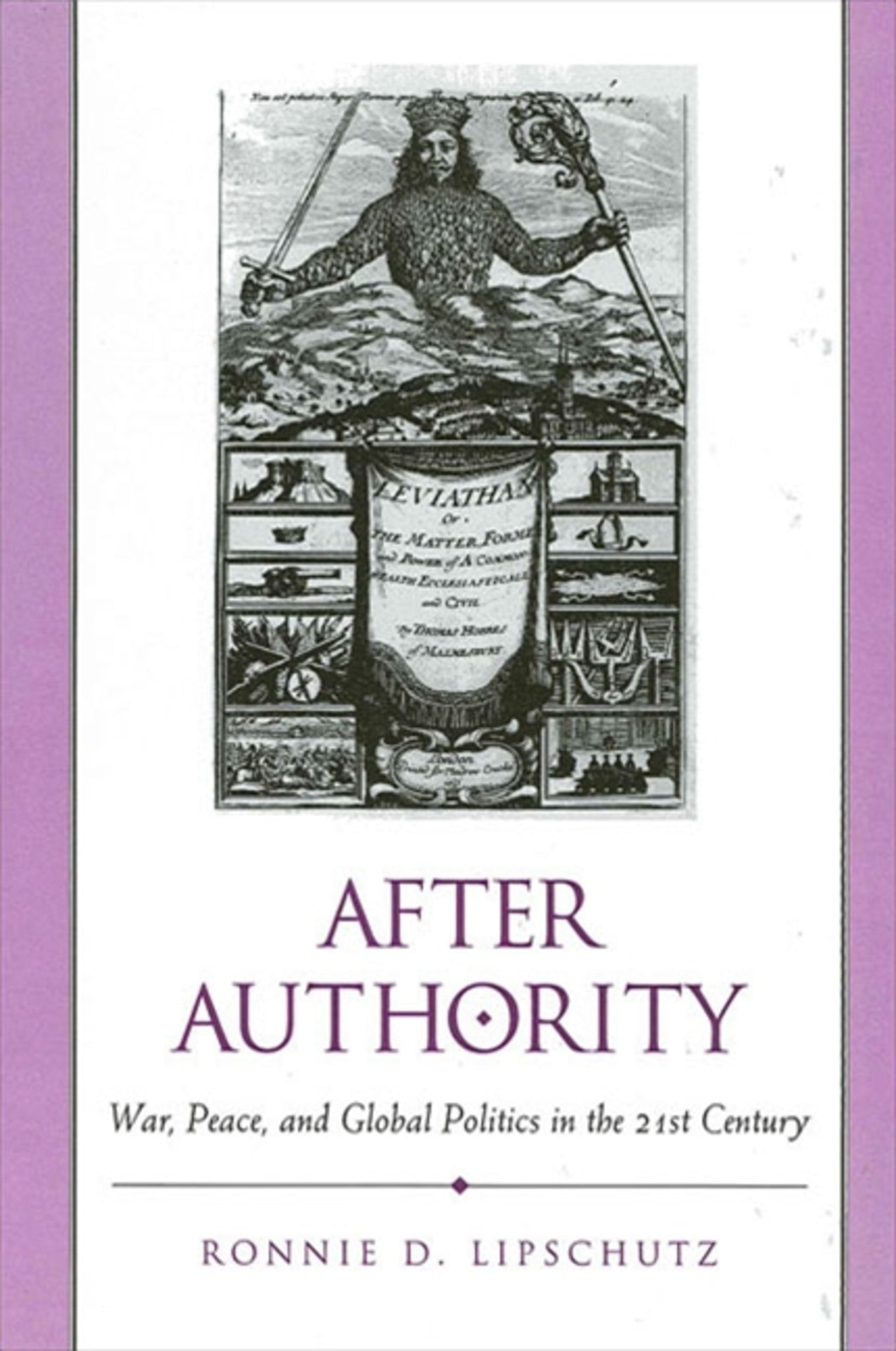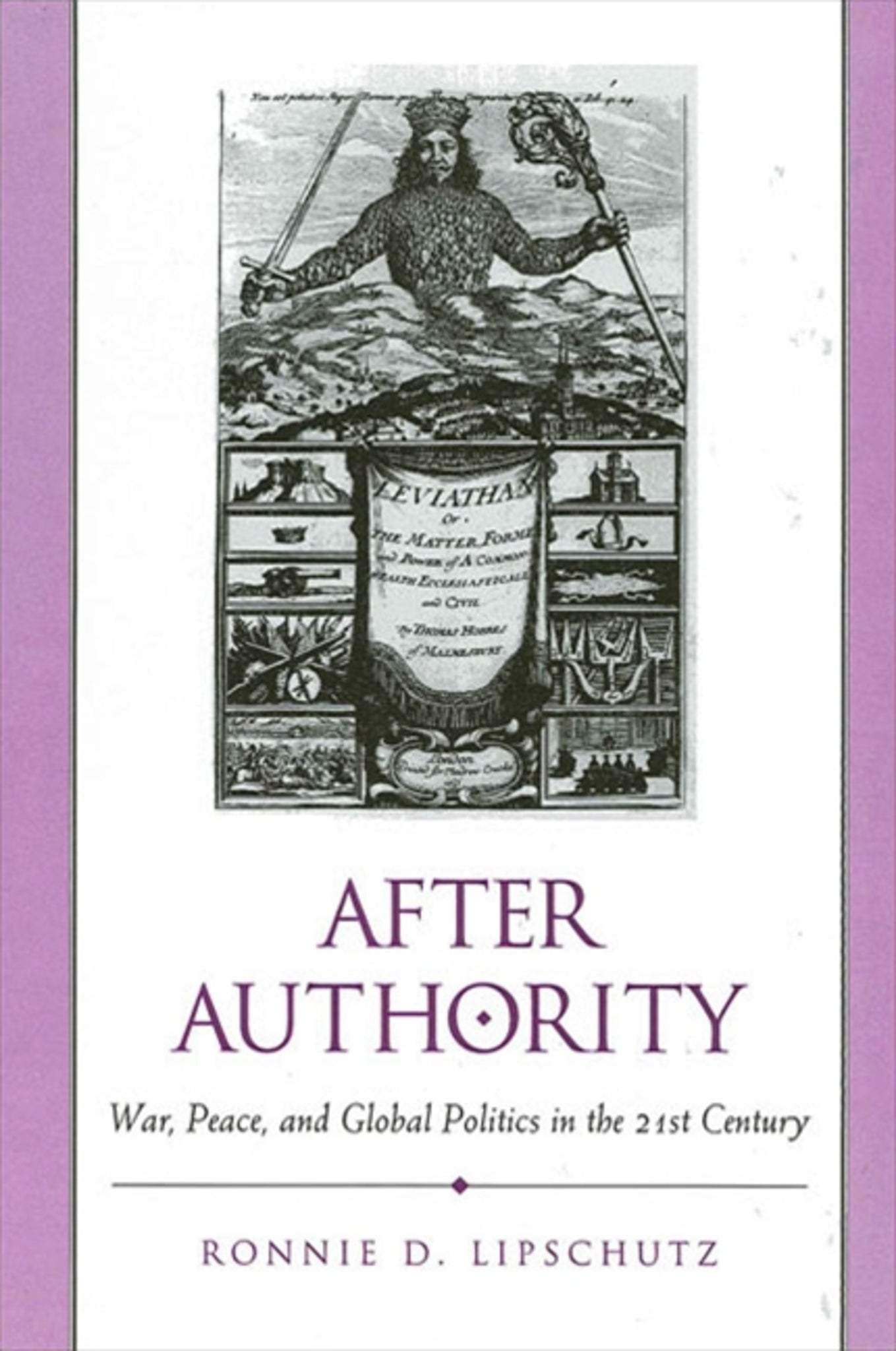We're sorry. An error has occurred
Please cancel or retry.
After Authority

Some error occured while loading the Quick View. Please close the Quick View and try reloading the page.
Couldn't load pickup availability
- Format:
-
02 March 2000

Examines the troubled modern nation–state and reflects on the "end" of authority, sovereignty, and national security, and the implications of that end in the coming decades.
After Authority offers an overview of the evolving international political "revolution," a historical perspective based on Lipschutz's writings over the years. It also examines the prospects for war and peace in the twenty-first century. During earlier "industrial revolutions," long-standing and apparently stable patterns of social behavior, economic exchange, and political authority came under challenge. Today, post World War Two institutions that were formed to create a peaceful, economically-prosperous world, are under severe challenge by globalization, liberalization, and social innovation. Old hierarchies of power and wealth have been undermined as people take advantage of new economic and political opportunities, and the resulting disruption of expectations leads to fear, uncertainty, instability, and violence.


"This is an important book—the first to my knowledge to examine a wide range of alleged threats, from eco-violence to 'ethnic' conflict, in a unified and conceptual framework that makes sense for the post–Cold War world. His insights on the state's disciplining role in a globalized world economy are powerful and well developed." — Ken Conca, author of Manufacturing Insecurity: The Rise and Fall of Brazil's Military-Industrial Complex
"After Authority forces the reader to examine issues and explanations of war, peace, security, and international cooperation in a non-traditional way. It made me think." — Roger Coate, editor of the journal Global Governance
Acknowledgments
1. Theory of Global Politics
2. The Worries of Nations
3. The Insecurity Dilemma
4. Arms and Affluence
5. Markets, the State,and War
6. The Social Contraction
7. The Princ(ipal)
8. Politics among People
Notes
Bibliography
Index



